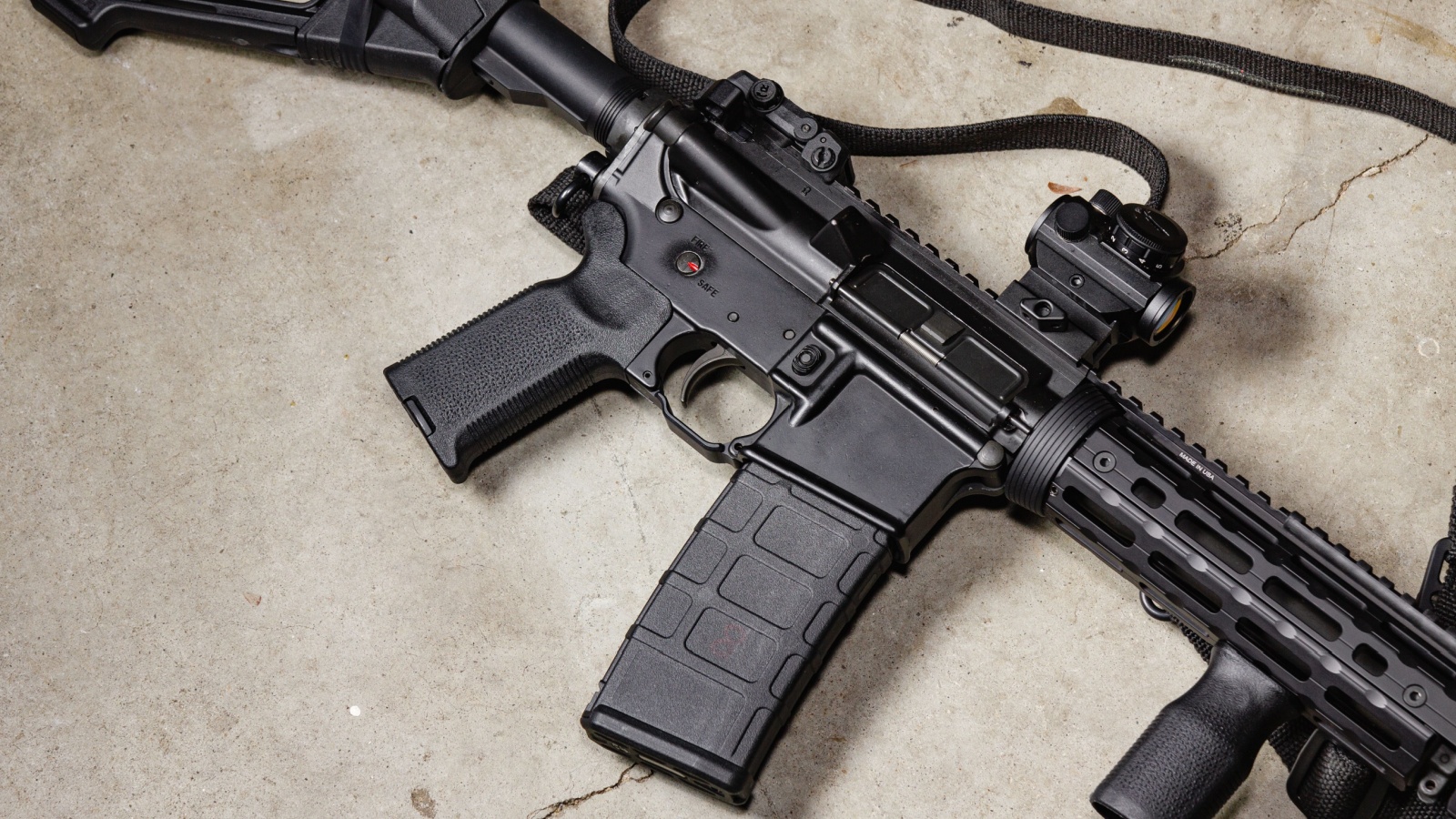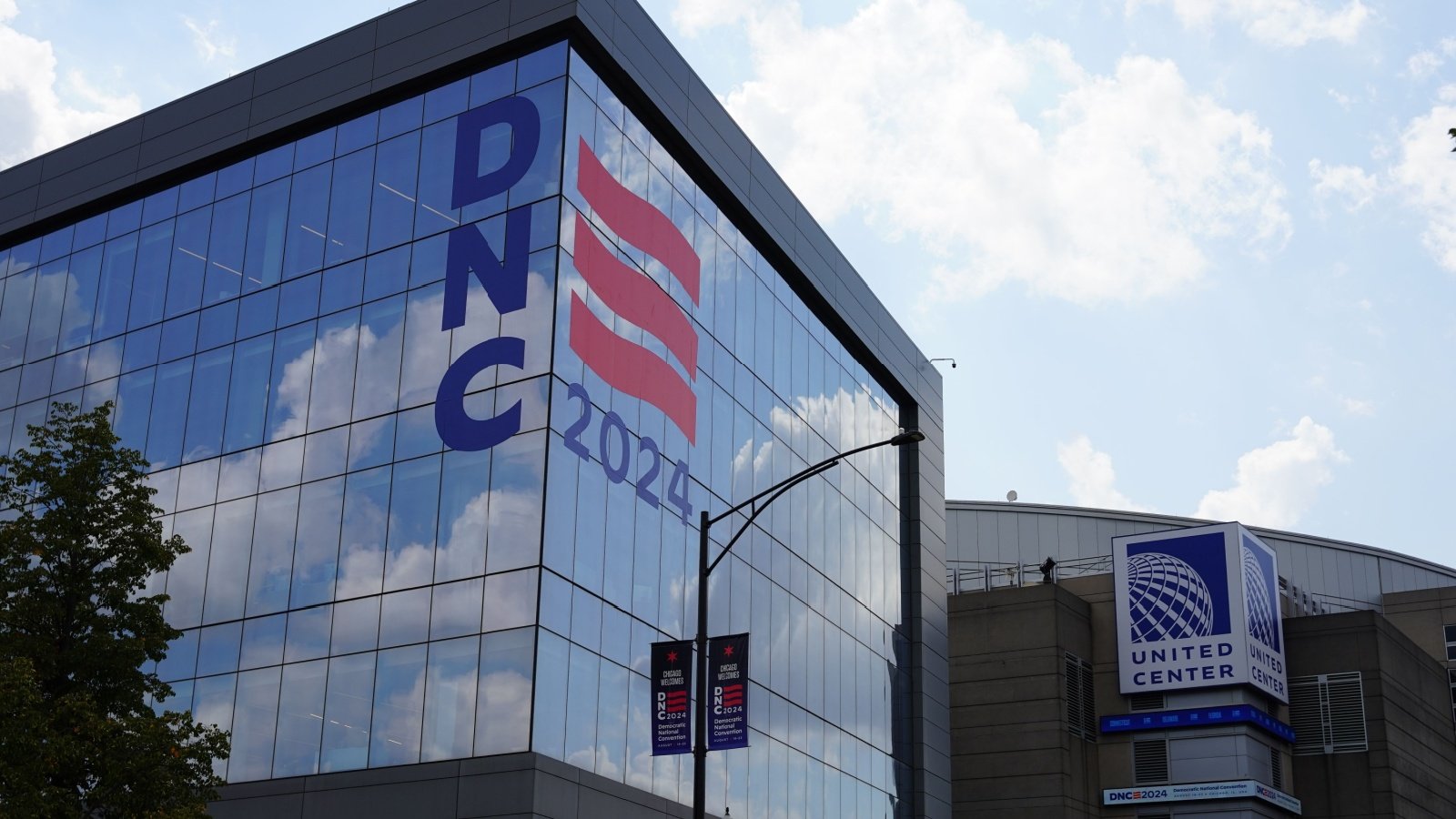Maryland’s assault weapons ban is sparking a fierce legal battle that could reshape the future of gun rights in America. As major Second Amendment groups push for Supreme Court intervention, the controversy centers on whether firearms like the AR-15 should be protected under the Constitution.
Major Gun Rights Groups Challenge Maryland’s Assault Weapons Ban
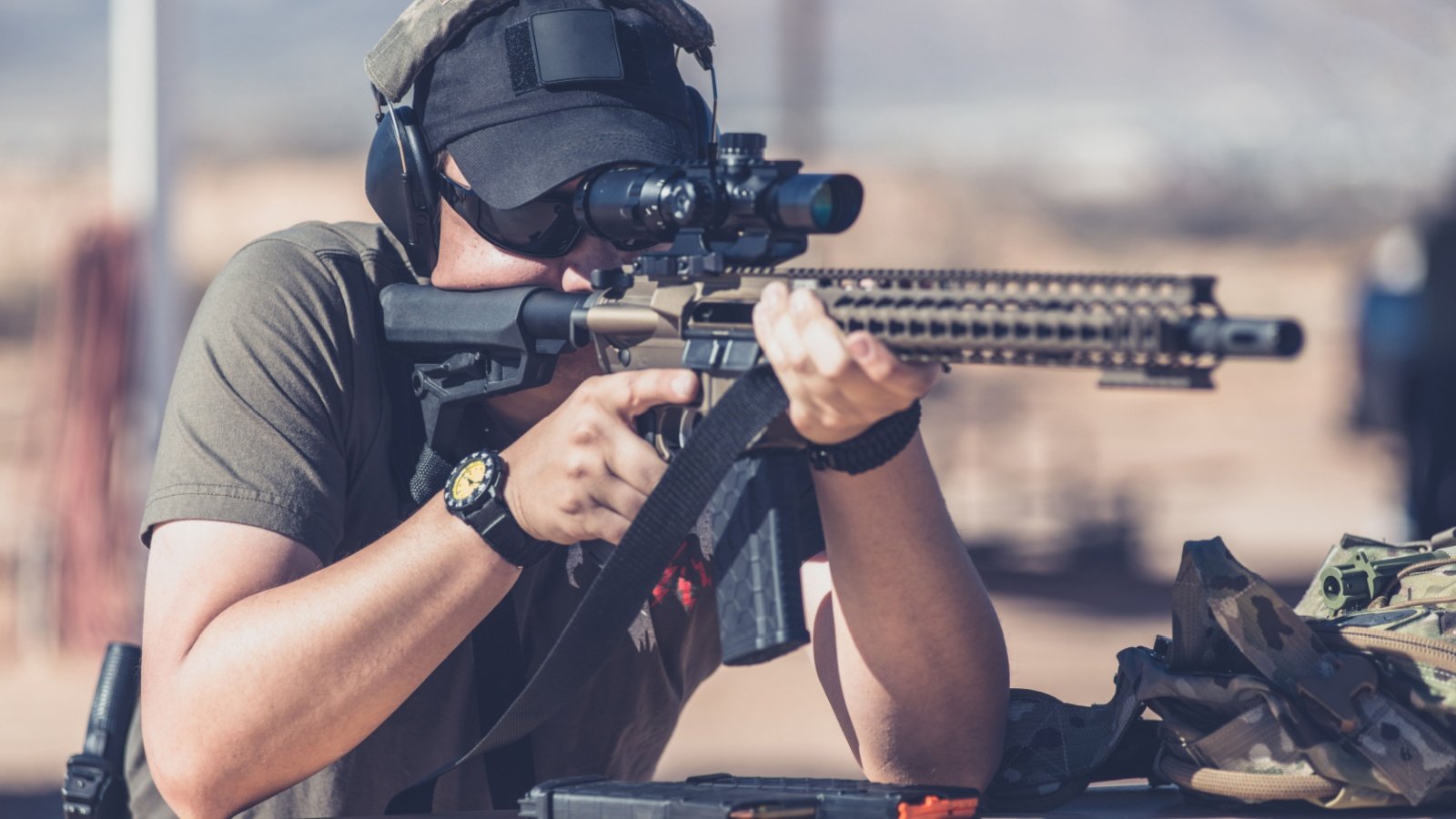
Two prominent Second Amendment organizations are urging the Supreme Court to take up a case against Maryland’s stringent “Assault Weapons Ban of 2013.” Their call comes after a lower court upheld the ban, declaring it constitutional.
Firearms Policy Coalition Seeks Supreme Court Review
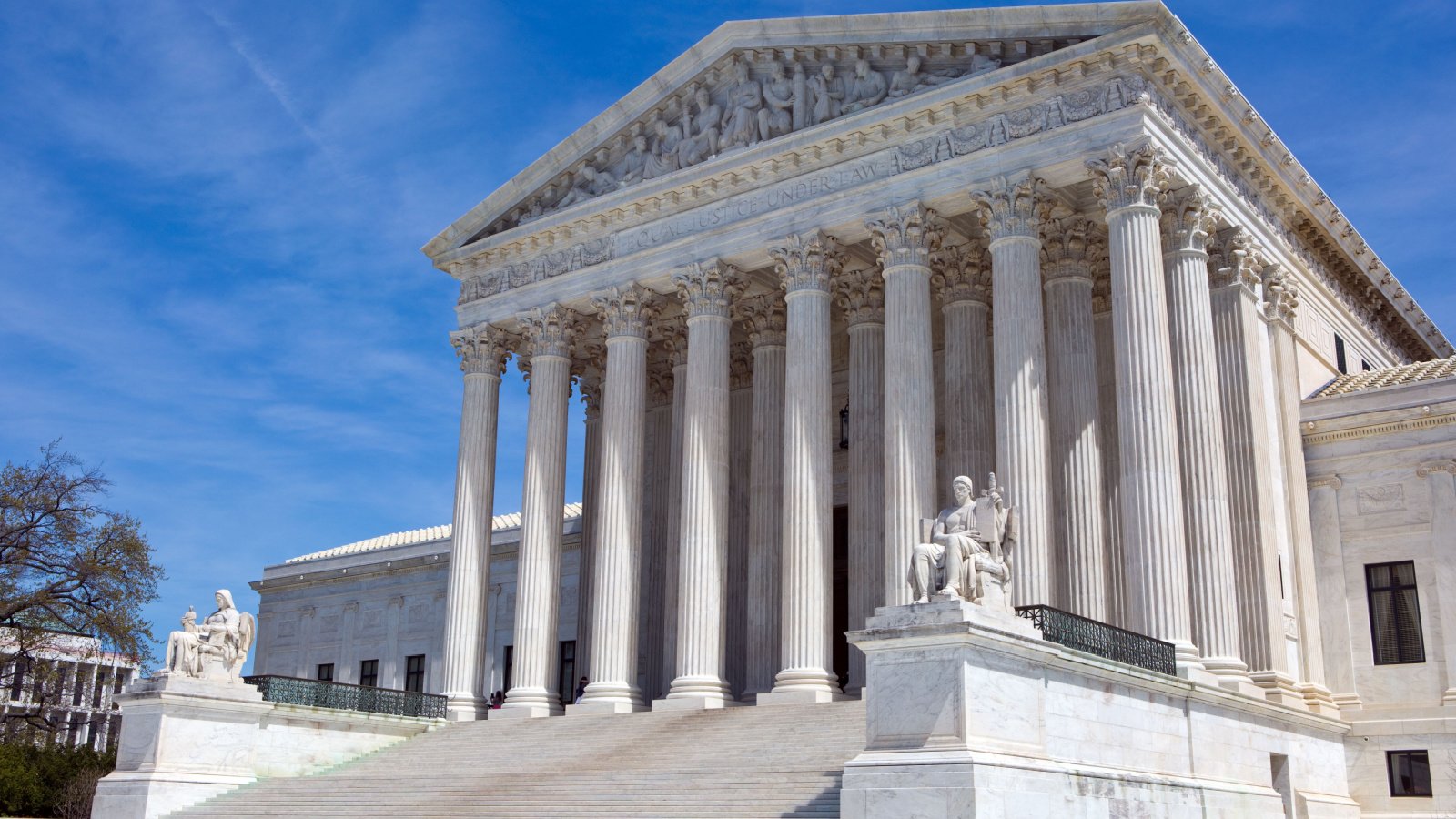
The Firearms Policy Coalition has petitioned the Supreme Court to review Snope v. Brown, also known as Bianchi v. Frosh. This request follows a 10-5 decision by the Fourth Circuit Court, which supported Maryland’s ban.
Fourth Circuit Upholds Maryland’s Ban

The Fourth Circuit’s ruling, authored by Judge J. Harvie Wilkinson III, concluded that Maryland’s ban on specific semi-automatic weapons aligns with the nation’s history of firearm regulation. The case originated from a lawsuit filed in 2021 by residents of Baltimore County and Anne Arundel County.
Advocacy Groups Push for Supreme Court Intervention
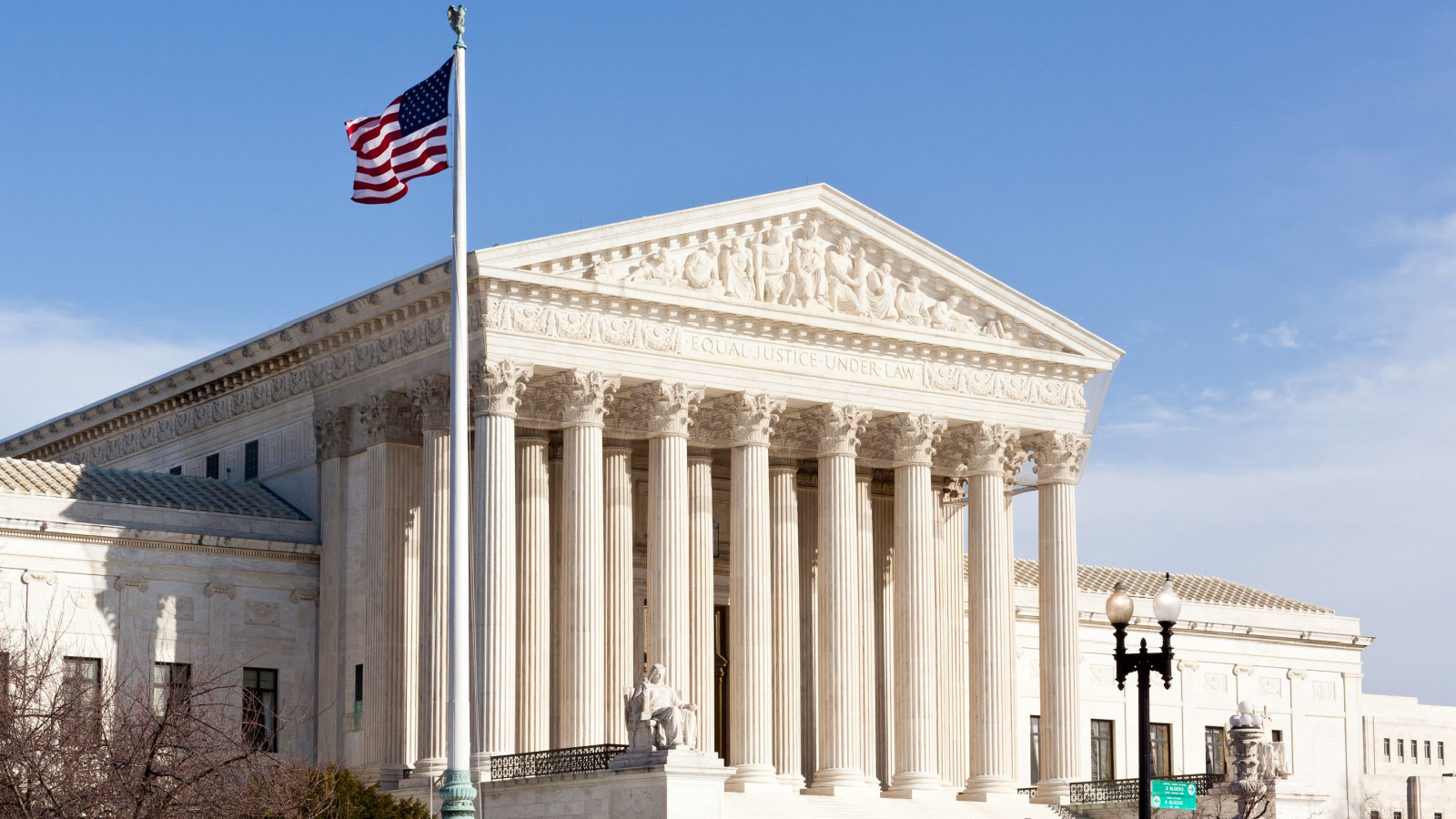
The Firearms Policy Coalition, based in California, and the Second Amendment Foundation, headquartered in Washington State, have filed petitions seeking a Supreme Court review. They aim to overturn the Fourth Circuit’s decision.
Concerns Over Impact on Landmark Gun Rights Decision
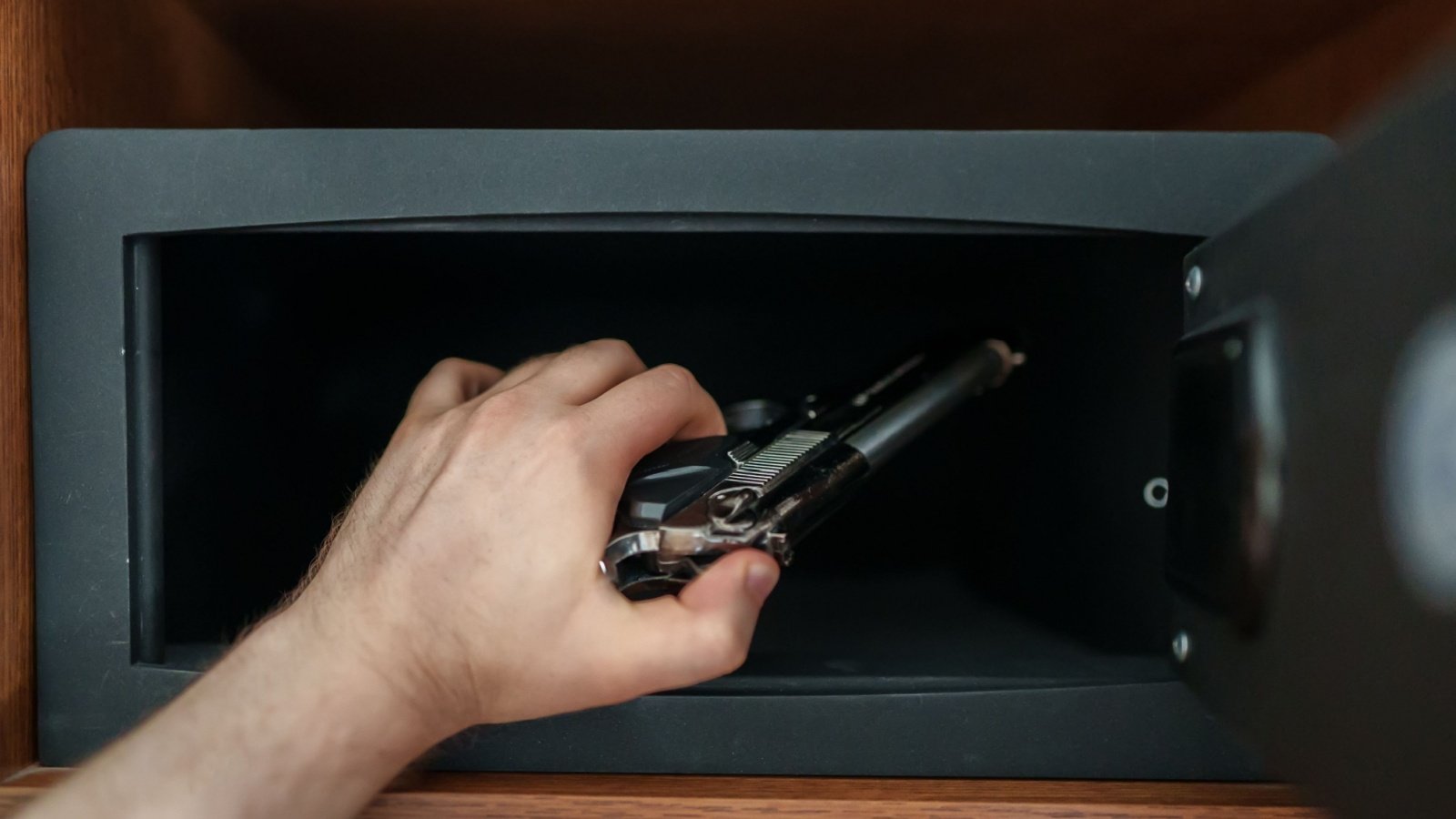
Critics argue that the appeals court’s decision undermines the “Heller” ruling, which had previously overturned Washington, D.C.’s gun ban. They contend that limiting arms protected by the Second Amendment to state-approved firearms effectively turns a constitutional right into a government-regulated privilege.
Repeated Appeals to the Supreme Court
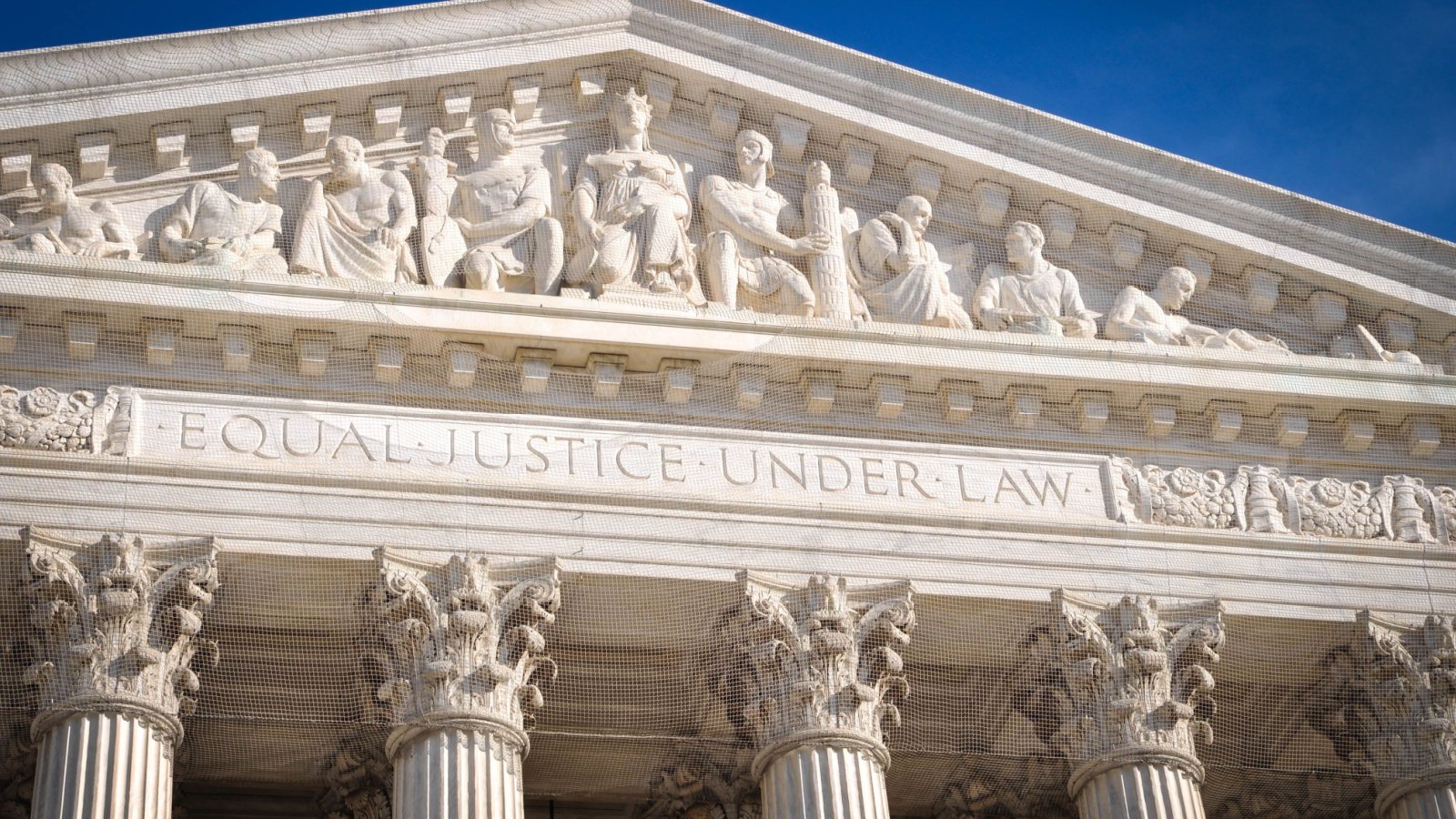
This marks the third time the plaintiffs have petitioned the Supreme Court regarding this case. Both organizations remain steadfast in their pursuit of a higher court ruling.
A Call for Supreme Court Clarification

The Firearms Policy Coalition argues that the case presents an opportunity for the Supreme Court to address critical issues surrounding gun rights. They maintain that commonly owned firearms, like the AR-15, should be protected under the Second Amendment, and that the Fourth Circuit’s decision lacks a legitimate basis.
Call for Clearer Second Amendment Guidance
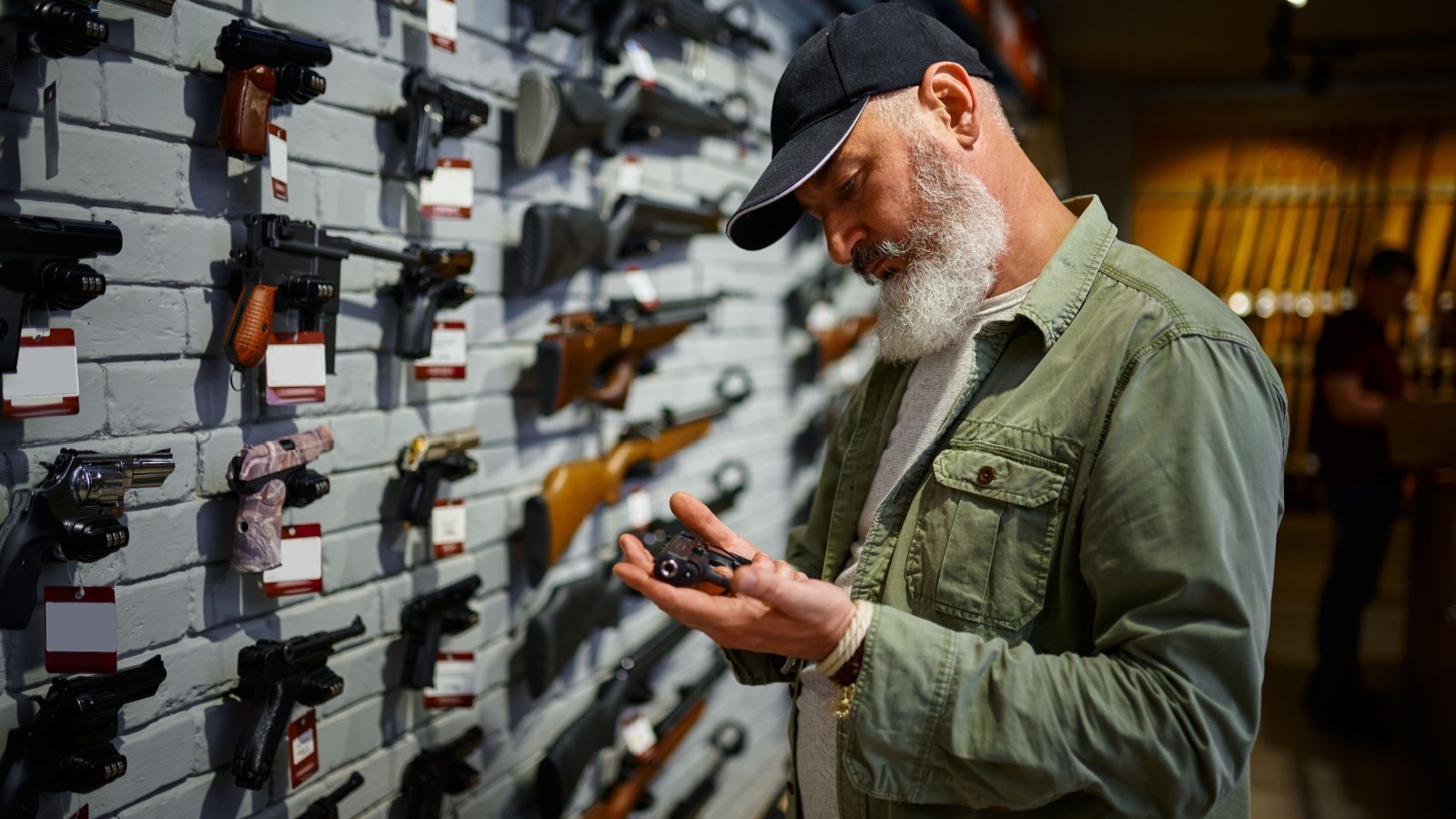
Advocates argue that the Supreme Court must clarify which weapons fall under Second Amendment protections, urging the Court to do so in this case. They also referenced the recent Bruen decision, which struck down New York’s open-carry ban, as further support for their position.
Controversy Over Firearms Classification
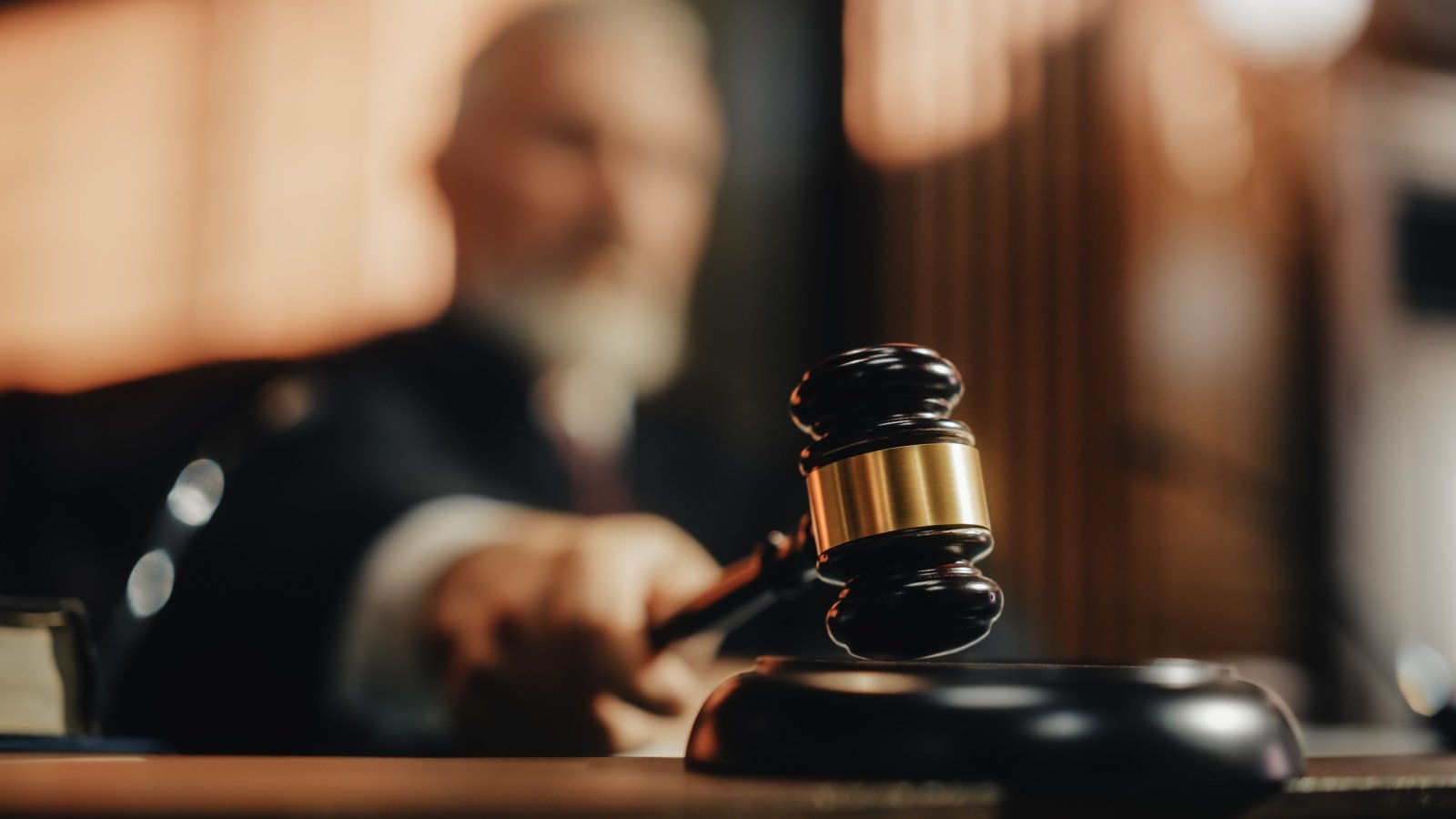
Judge J. Harvie Wilkinson, in his majority opinion, asserted that weapons like the AR-15 and Barrett .50 caliber rifles, along with so-called “gangster-style” guns, are not constitutionally protected due to their “excessively dangerous” nature. He cited mass shootings in various cities, including Blacksburg, Las Vegas, and Parkland, to bolster his argument.
Dissenting Opinion Defends Second Amendment Rights
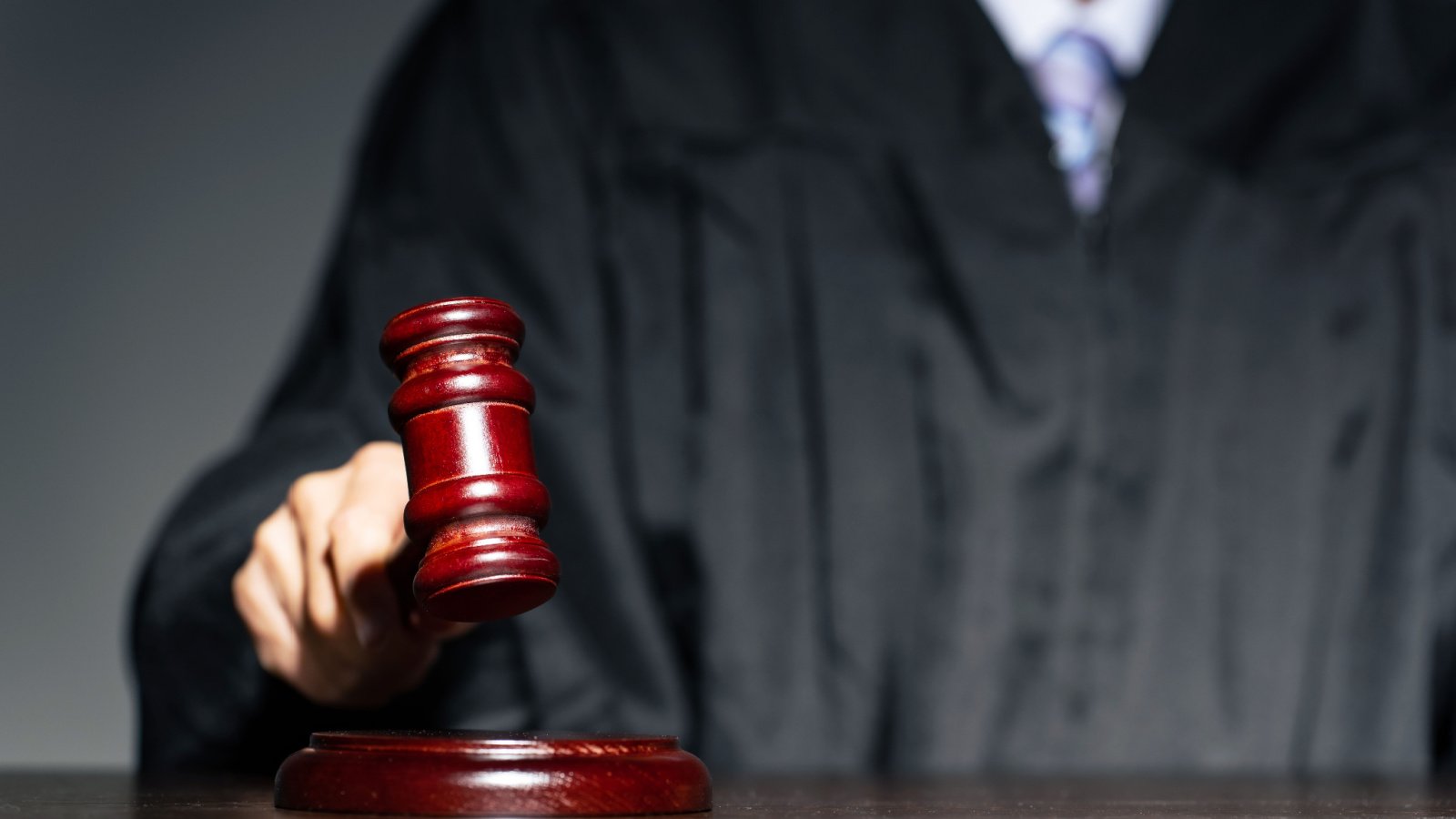
In contrast, Judge Julius Richardson, appointed by President Trump, dissented, arguing that the Second Amendment should not be treated as a “second-class right” subject to the whims of federal judges. His stance highlights the deep divisions within the judiciary over the interpretation of gun rights.
Maryland’s Attorney General Responds to the Case

Maryland Attorney General Anthony Brown, who inherited the case from his predecessor Brian Frosh, is the named defendant. Brown’s office declined to comment on the ongoing legal battle, maintaining a stance of silence amid the controversy.
Legislative Roots of Maryland’s Assault Weapons Ban
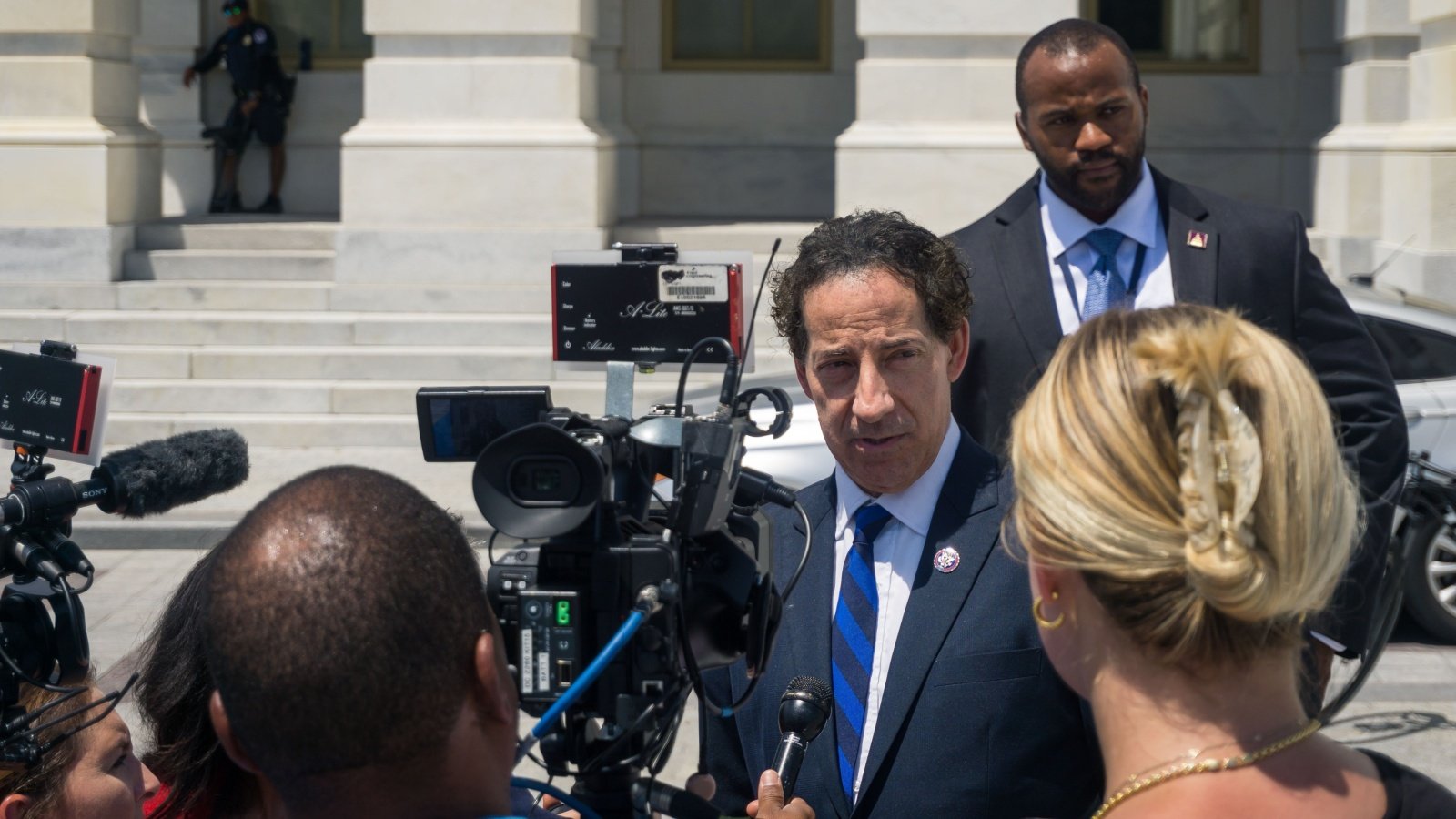
The assault weapons ban at the center of this legal challenge was spearheaded by Rep. Jamie Raskin during his time in the Maryland Senate. Raskin, along with co-sponsor Brian Frosh, aimed to categorize certain firearms as “assault weapons,” prohibiting their sale, transfer, or purchase, and tasked a board in Annapolis with creating a roster of banned weapons.



